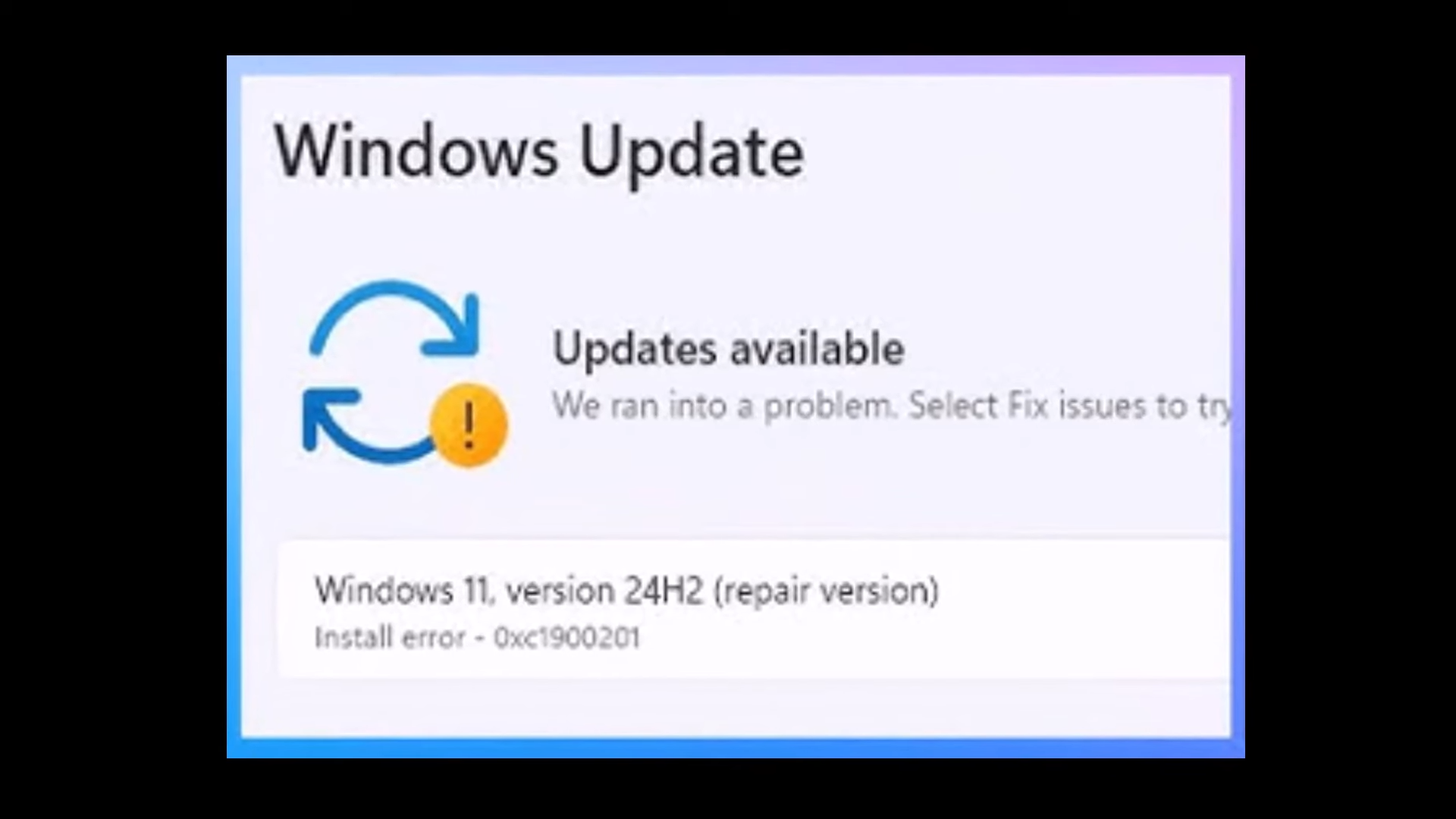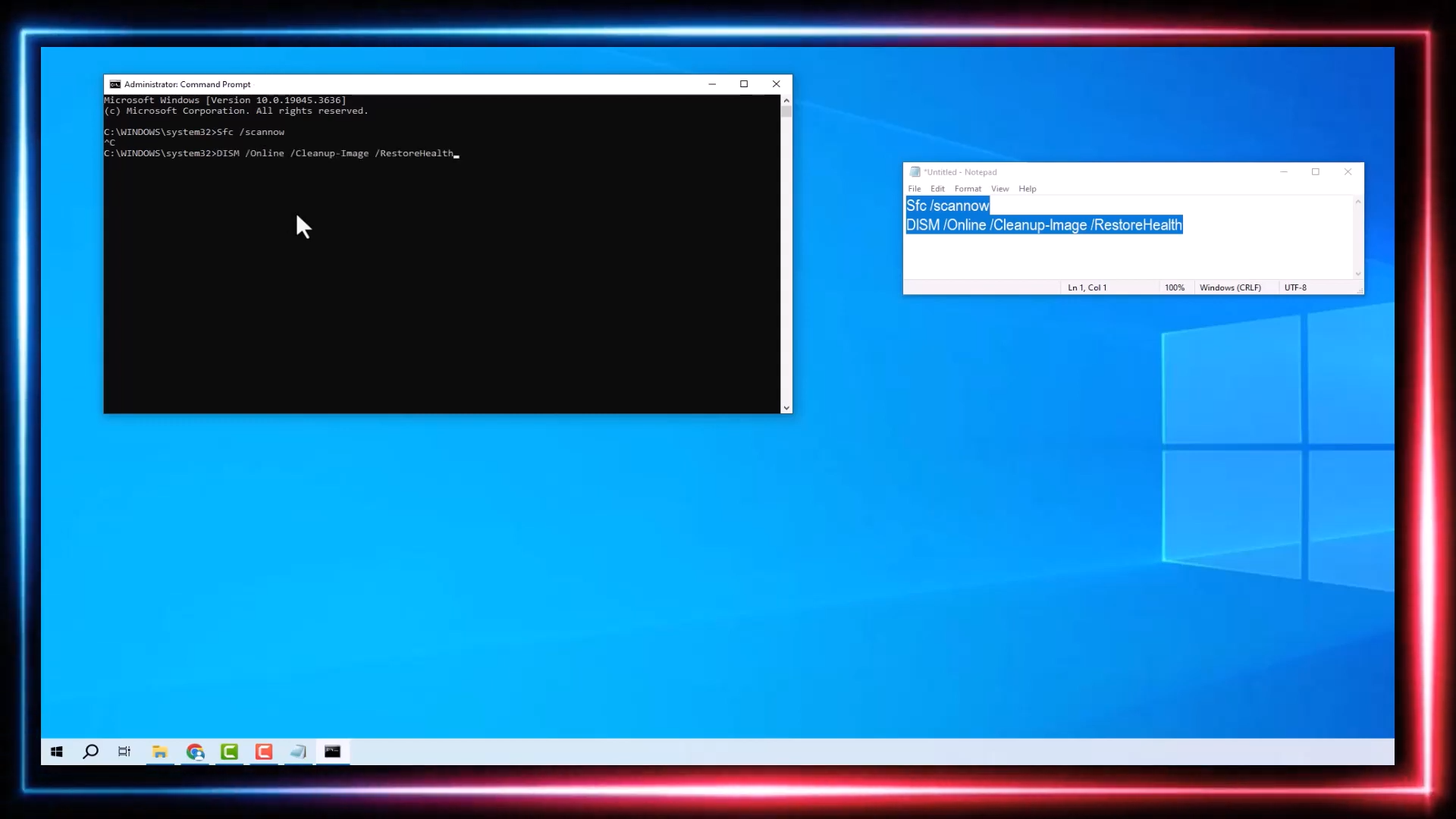Microsoft’s Windows operating systems have been a part of households and offices for decades, evolving significantly with each new version. The anticipation surrounding Windows 12 is at an all-time high as users wonder what new innovations the tech giant will bring. In this article, we’ll explore the potential features, advancements, and requirements of the upcoming Windows 12, expected to launch in 2025.
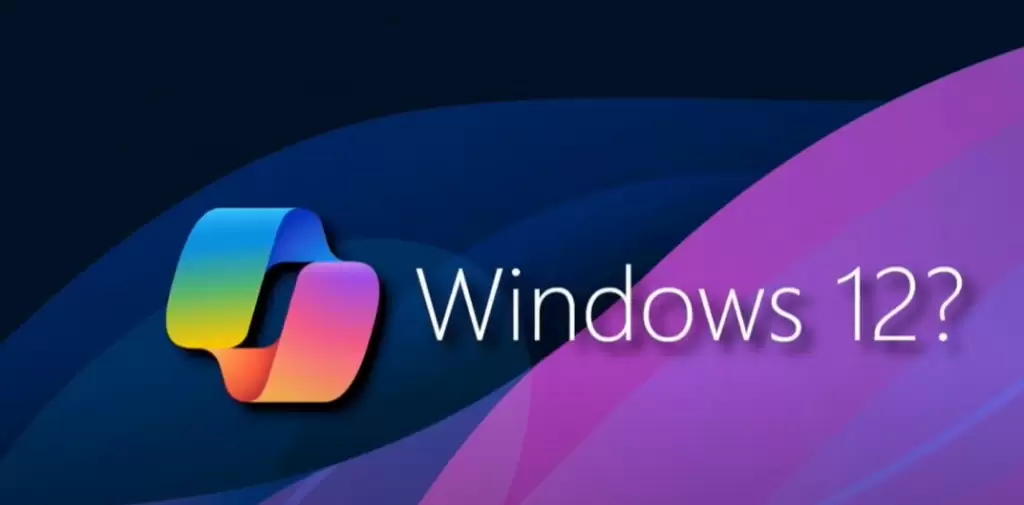
A Journey Through Windows History
Microsoft’s release pattern for its operating systems has been a fascinating journey. Traditionally, the company followed a three-year cycle:
- Windows Vista (2006)
- Windows 7 (2009)
- Windows 8 (2012)
However, things shifted with Windows 10 in 2015, which was followed by a six-year gap until Windows 11 in 2021. With Windows 12 on the horizon, speculation continues about whether Microsoft will stick with a longer release gap or return to a more frequent upgrade schedule.
Artificial Intelligence at the Core
Windows 12 is expected to be heavily focused on artificial intelligence (AI), building on the foundations laid by Windows 11’s Copilot. AI integration could lead to features such as:
- Smart task management
- Predictive actions
- Advanced search capabilities
These enhancements aim to make the operating system more powerful, intuitive, and personalized.
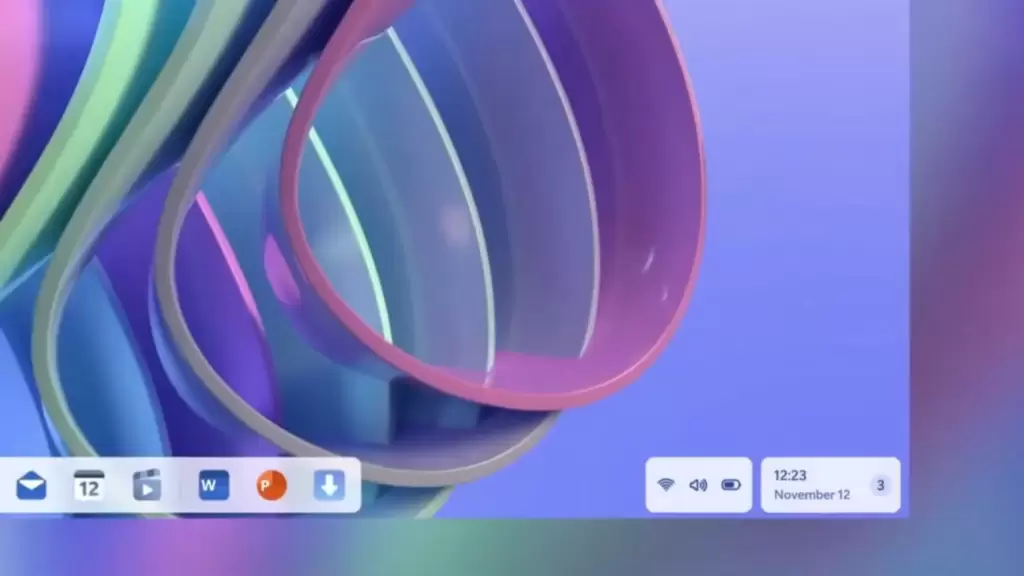
Balancing Innovation and User Acceptance
While innovation is exciting, not all new features have been universally embraced. For example, AI-powered automatic screenshots faced some backlash. With Windows 12, Microsoft will need to carefully balance introducing cutting-edge technology with ensuring user satisfaction and comfort.
Hardware and System Requirements
Based on the evolution of system requirements from previous Windows versions, here’s what we can expect from Windows 12:
- Processor: Only 64-bit architectures will be supported. Unlike Windows 8 and 10, which allowed 32-bit processors, Windows 11 required a minimum of 1 GHz dual-core 64-bit CPUs. Windows 12 may push this further, likely requiring quad-core processors for advanced AI features.
- Memory (RAM): Windows 11 increased the minimum RAM requirement to 4 GB. With AI-driven functionality, Windows 12 could require at least 6 GB or even 8 GB.
- Storage: Windows 11’s minimum storage was 64 GB. For Windows 12, 128 GB might be the baseline, reflecting the demand for more space to handle AI tools, graphics, and system enhancements.
- Firmware: UEFI with Secure Boot will likely remain a security standard.
- Graphics: DirectX 12 was introduced with Windows 11. Windows 12 might upgrade to DirectX 13, enhancing compatibility with next-generation graphics.
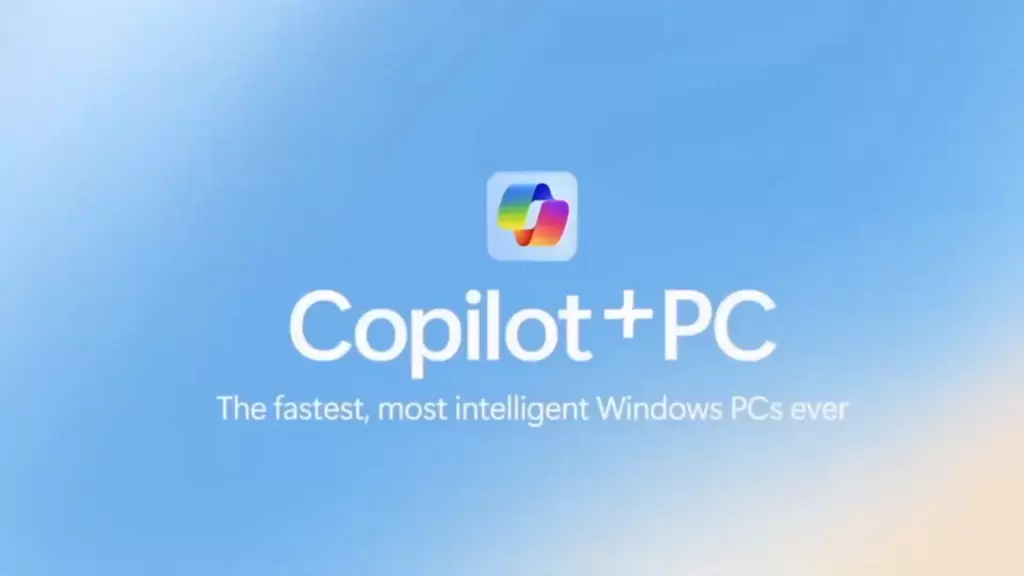
Potential Features to Look Forward To
- Streamlined Desktop Design: A cleaner, more efficient user interface.
- Revamped Taskbar: An improved setup with a new device battery overview menu for easier battery health management.
- Music Control in Taskbar: Convenient access to music controls without needing separate applications.
- Simplified Network Menu: A more intuitive design for better connectivity management.
- Enhanced Notification Center: A dynamic, user-friendly dashboard for notifications.
- File Explorer Overhaul: Advanced features inspired by macOS Finder, bringing a modern touch to file management.
Evolution Through Updates
It’s worth noting that Windows 12 will likely evolve from Windows 11 through a series of updates. Rumors suggest that the 2H2 version of Windows 11 might be its final major update. Unlike previous transitions, Microsoft may allow users ample time before requiring an upgrade.
Conclusion
The future of Windows is full of possibilities, from AI-powered features to design improvements. While we await official announcements, the prospect of exploring new capabilities in Windows 12 is exciting. What do you think about these predictions? Share your thoughts and let us know your expectations!
Tags
windows 12 release date, windows 12 features, windows 12 system requirements, microsoft windows evolution, artificial intelligence windows 12, windows 12 hardware specs, windows operating system future
Hashtags
#Windows12 #Microsoft #WindowsOS #TechInnovation #AIIntegration #WindowsUpdate #NextGenComputing




